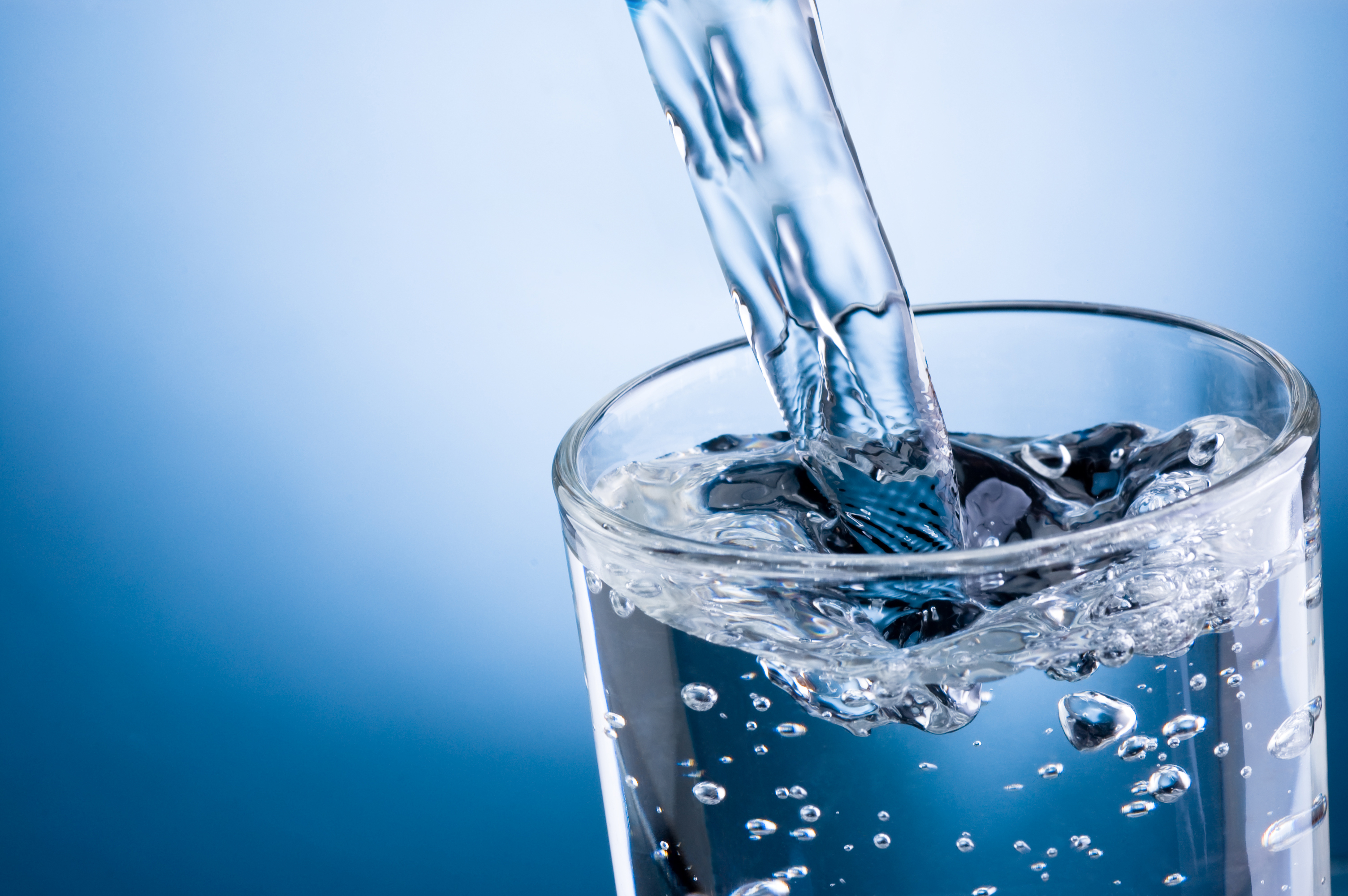A report summarizing historical data on drinking water quality in New Brunswick has been released. The report, Drinking Water Quality in My Community, includes data from 70 New Brunswick municipalities from 1994 to 2017.
“New Brunswick has safe and reliable drinking water,” said Environment and Climate Change Minister Gary Crossman. “We take our role to protect the environment seriously, and that is why we are providing data on drinking water quality—for communities throughout the province—in one spot that is easy to access.”
The report is a comprehensive review of water quality data for every regulated drinking water system that is owned or operated by a local government.
New Brunswick uses a multi-barrier approach to protect drinking water, from source to tap. The provincial government has worked with local governments to protect the sources of their drinking water, whether groundwater wells or surface watersheds, under the Clean Water Act.
“I am very pleased to see the Province of New Brunswick’s Drinking Water Quality in My Community report,” said Brent McGovern, commissioner of utilities and infrastructure for the City of Saint John. “The sharing of this data and transparency of drinking water quality for all communities in New Brunswick is a positive initiative and welcomed news for utilities and customers.”
“For Saint John, the data in the report clearly shows the significant investments made by all three levels of government in our drinking water system as part of the safe, clean drinking water project,” added McGovern. “Saint John Water is proud to deliver the safest drinking water quality for the residents of Saint John.”
In addition, drinking water systems owned and operated by local governments are required to sample their water according to standards in New Brunswick’s Drinking Water Guidelines. As well, there are required operating approvals related to monitoring, operator training and certification, and emergency response.
The report findings for bacteria and chemistry test results highlight that proper water treatment, disinfection, and operations are key to ensuring safe and good-quality drinking water.
“Being transparent with drinking water quality data can help government prioritize which water systems may need additional support to ensure even more consistent, safe and reliable drinking water in the future,” said Crossman.
Although local governments are already aware of water quality in their communities, this information will help residents understand water quality over the years and how the Department of Environment and Local Government uses test results to ensure safe and reliable drinking water is provided by local governments.
The report fulfills a commitment in A Water Strategy for New Brunswick 2018-2028.









